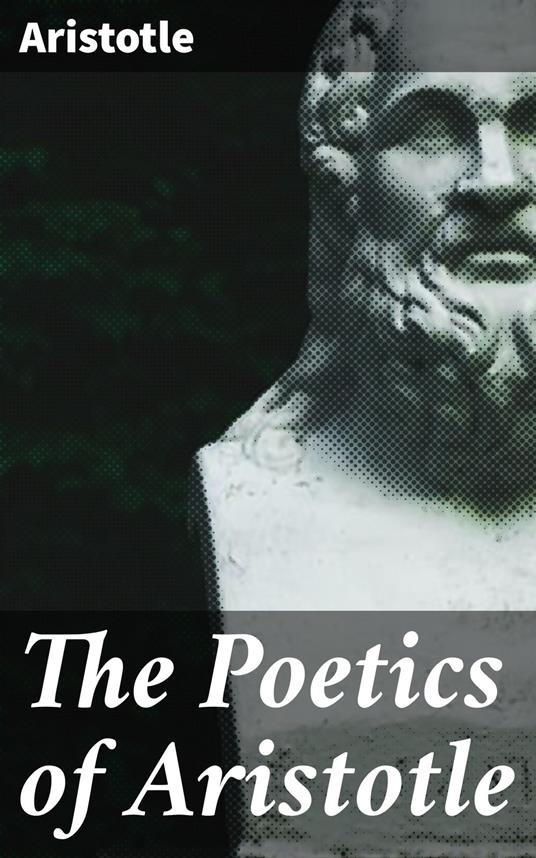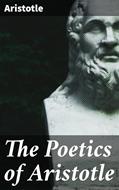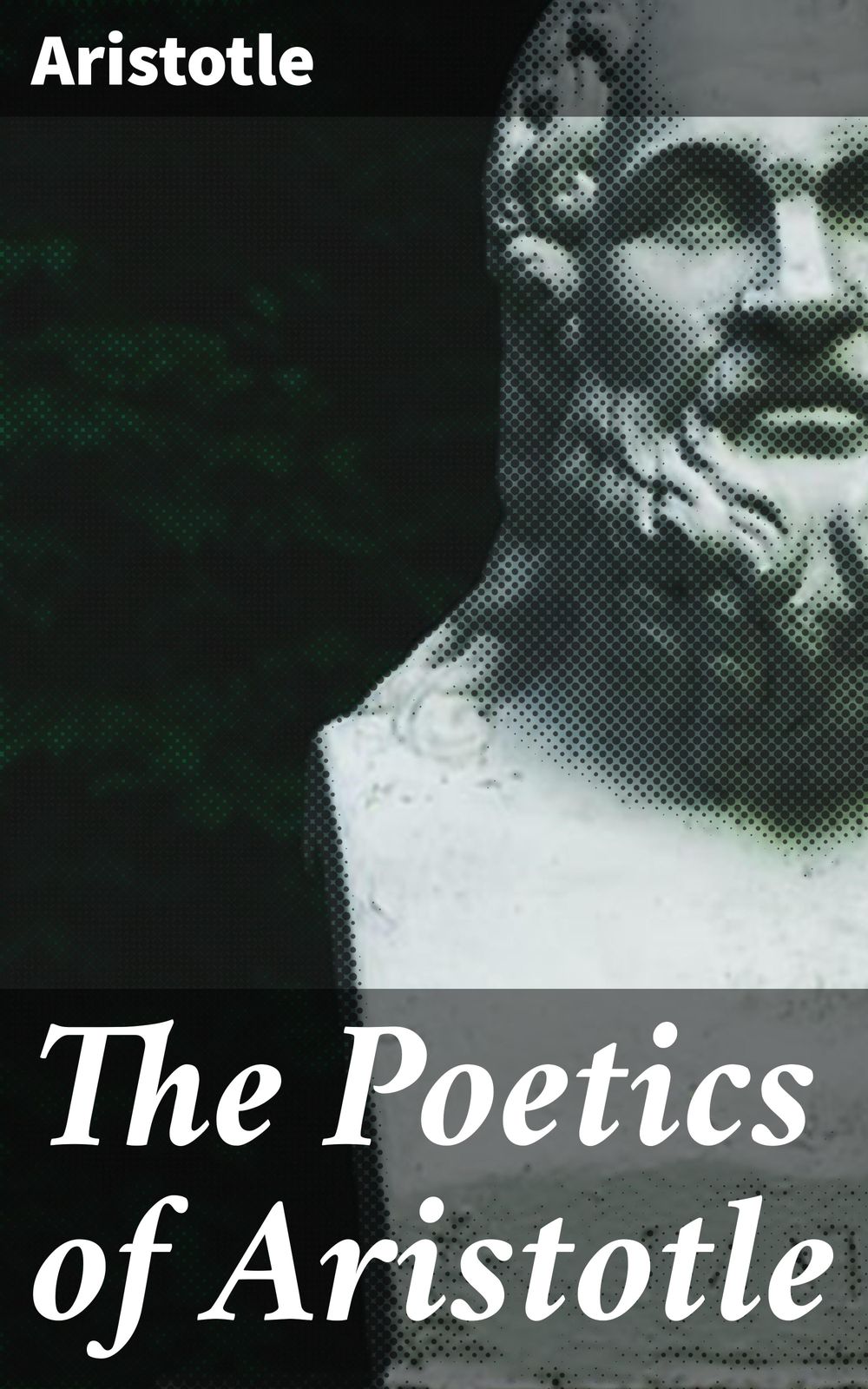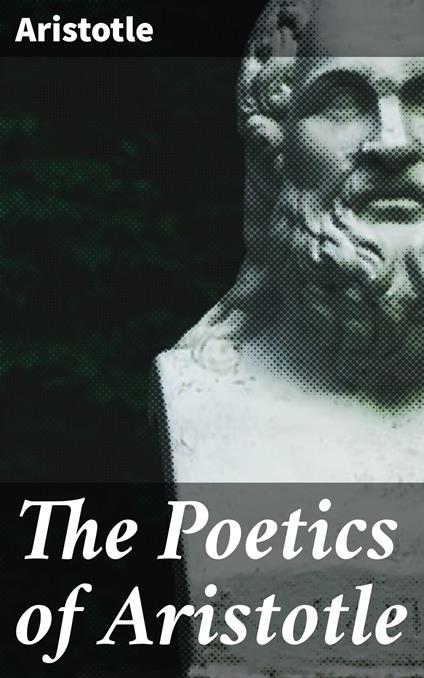The Poetics of Aristotle
Aristotle's "The Poetics" stands as a foundational text in the study of literary theory and dramatic criticism. Through a meticulous analysis of tragedy, epic poetry, and the principles underlying successful storytelling, Aristotle elucidates concepts such as catharsis, mimesis, and the unities of time, place, and action. His systematic approach not only highlights the mechanics of these literary forms but also engages with broader philosophical inquiries, positioning literature as a mirror to human experience. Written in a clear and methodical style, the work reflects the intellectual milieu of ancient Greece, emphasizing empirical observation and rational thought, marking it as a precursor to both aesthetic and narrative theory in Western literature. Aristotle (384-322 BCE), a towering figure in Western philosophy, made significant contributions across disciplines including ethics, politics, metaphysics, and, of course, literary criticism. His engagement with the works of his predecessors, especially that of Plato, and his interactions with the performing arts in Athens, informed his insights into the nature of art and its impact on society. This background in empirical observation and discourse shaped Aristotle's belief in art as an essential reflection of human nature, compelling him to analyze its form and structure systematically in "The Poetics." I highly recommend "The Poetics" to anyone interested in a deeper understanding of literature, drama, and the intricate relationship between narrative and truth. Aristotle'Äôs arguments remain relevant, challenging readers to consider not only the mechanics of storytelling but also its moral and philosophical implications. This text is essential for aspiring writers, scholars, and anyone fascinated by the enduring power of the written word.
-
Autore:
-
Traduttore:
-
Anno edizione:2019
-
Editore:
-
Formato:
Formato:
Gli eBook venduti da Feltrinelli.it sono in formato ePub e possono essere protetti da Adobe DRM. In caso di download di un file protetto da DRM si otterrà un file in formato .acs, (Adobe Content Server Message), che dovrà essere aperto tramite Adobe Digital Editions e autorizzato tramite un account Adobe, prima di poter essere letto su pc o trasferito su dispositivi compatibili.
Cloud:
Gli eBook venduti da Feltrinelli.it sono sincronizzati automaticamente su tutti i client di lettura Kobo successivamente all’acquisto. Grazie al Cloud Kobo i progressi di lettura, le note, le evidenziazioni vengono salvati e sincronizzati automaticamente su tutti i dispositivi e le APP di lettura Kobo utilizzati per la lettura.
Clicca qui per sapere come scaricare gli ebook utilizzando un pc con sistema operativo Windows



